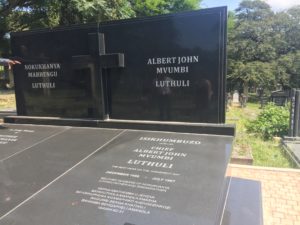The buses stop running before midnight in Como, Italy.
This I discovered when arrived at Como Camerlata station from Milan Garibaldi around 11:30 p.m one night.
It was very dark outside and I was in a country where I didn’t understand a word of the local language.
On this particular day, I had missed a flight, and a train, and had run the battery of my phone down to just one percent. Spanish subway drivers had gone on strike, leading to this precarious state of affairs, landing me on the last train of the night to Lake Como. And as I had found myself at the wrong Milan train station, a connection gap of 30 seconds gave me no choice but to trust the universe and jump on the first train I saw.
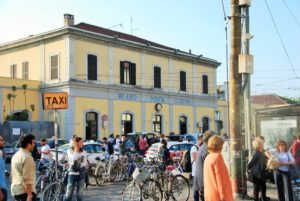
This decision changed how I see life.
After plenty of confused tears and panicked pacing, I met Arianna Sogetti. I had been desperately scanning the train for a young person who looked like they might speak enough English to understand my question. Finally, I worked up the courage to talk to the Italian girl in the seat across from mine.
Arianna spoke no English, but she came to my rescue. Confusion on the faces of Arianna and her friend gradually turned into understanding nods and eventually laughter as I typed what I needed to say into Google translate, using the last little bit of my phone’s battery. Yes, she nodded. I was on the right train. And when the time came, she made sure I got off with her at the correct stop.
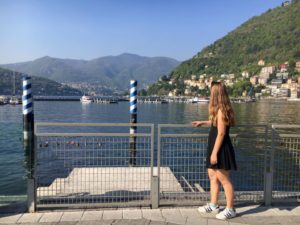
It was then I discovered that the taxis also stop running before midnight.
Thank goodness the very large and very loud Sogetti family did not.
Their kindness in driving a stranger they could not speak to to a hostel on the other side of town has stayed with me.
It is them I thank for my lust of travel and the reminder of what can come from being spontaneous.
I have learned not to ask why thing sometimes seem to conspire against me. Who knows what it might bring.




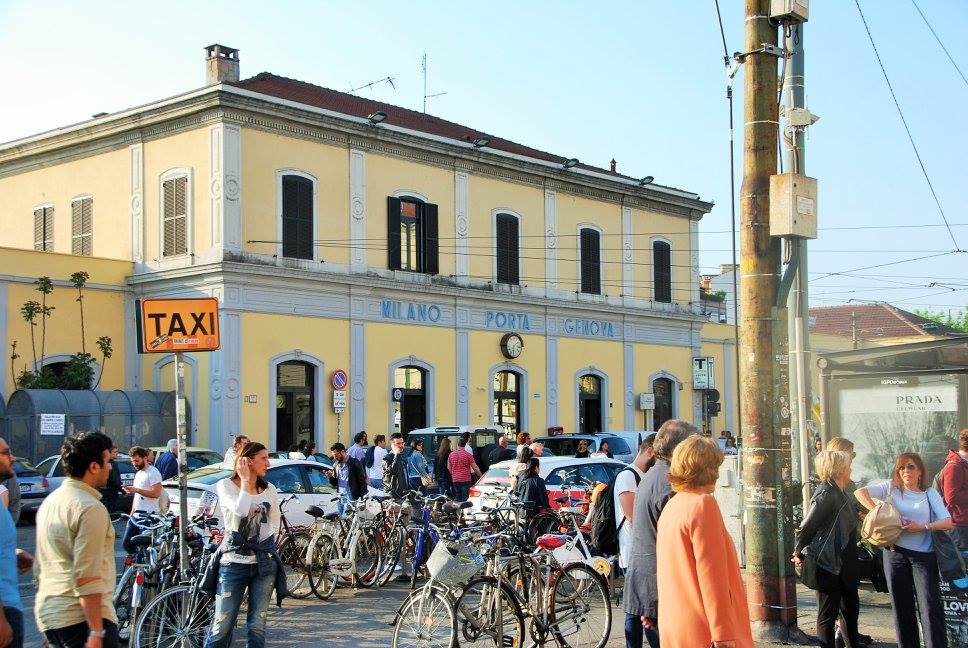
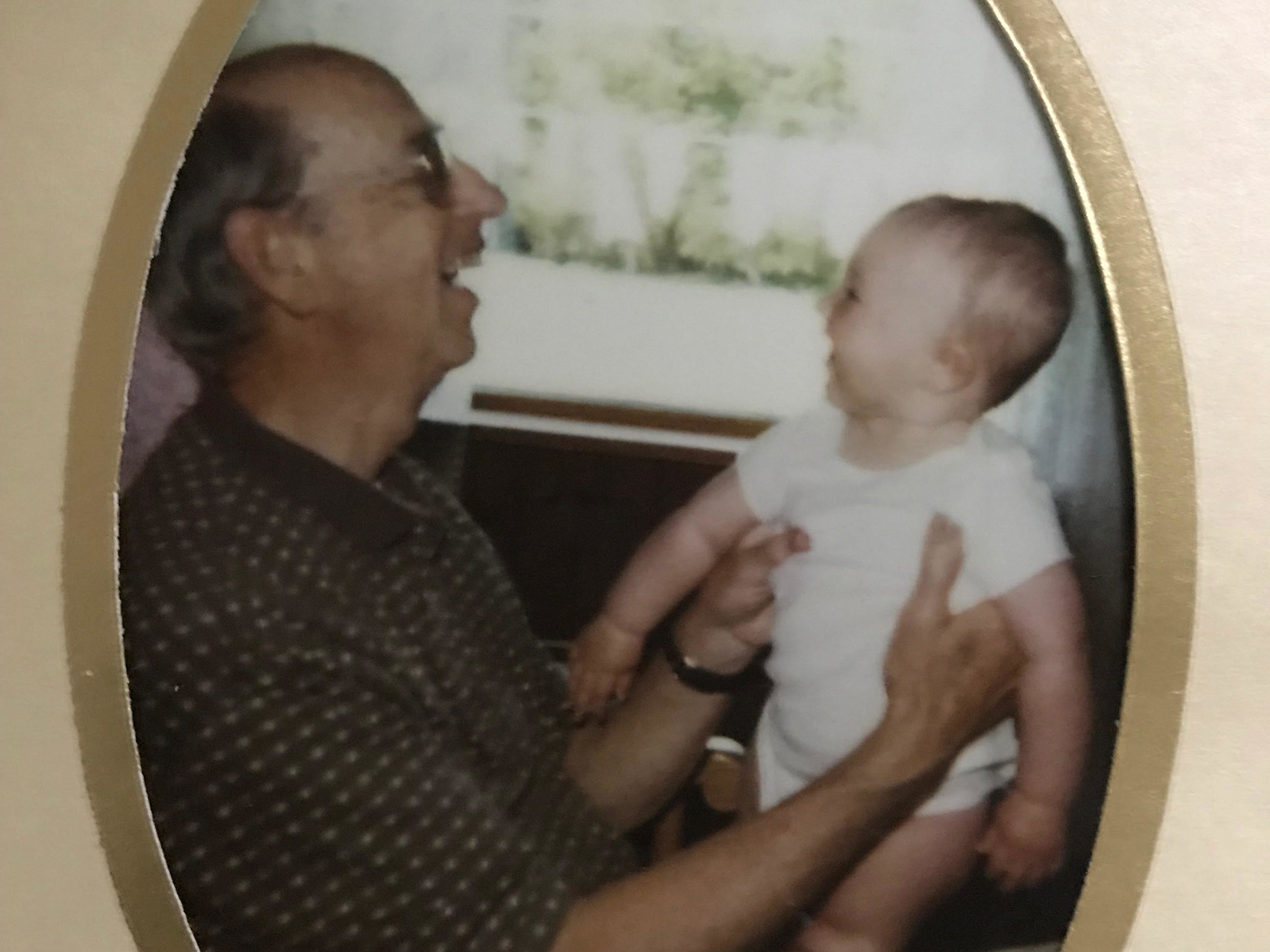
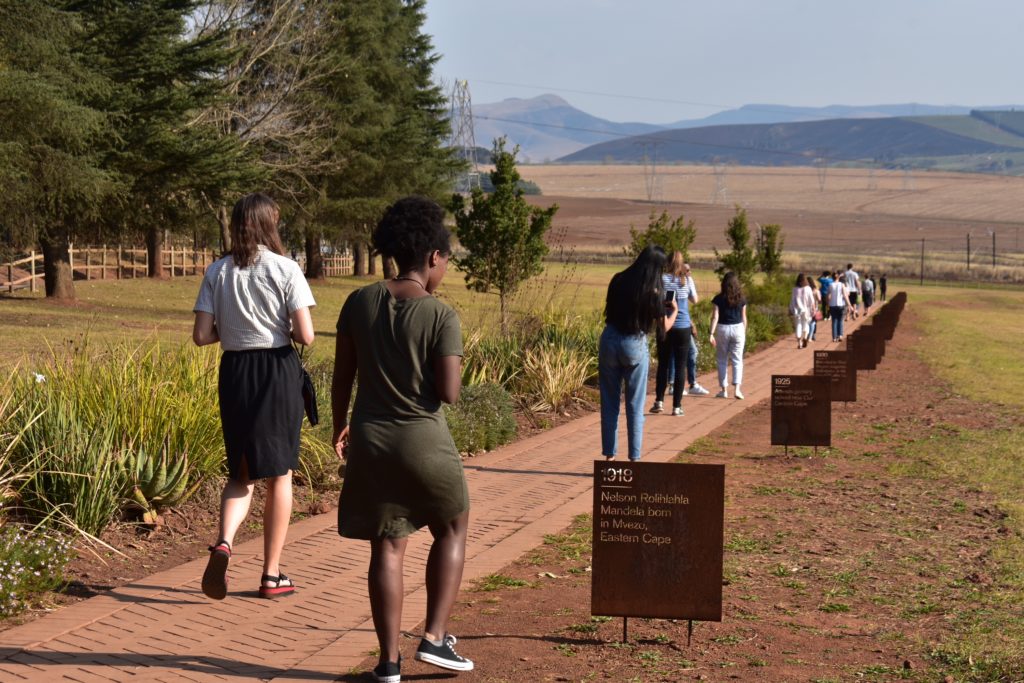
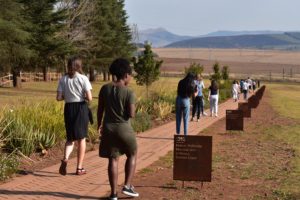
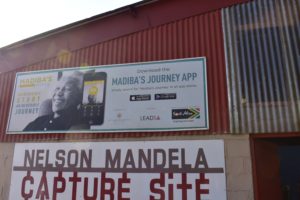
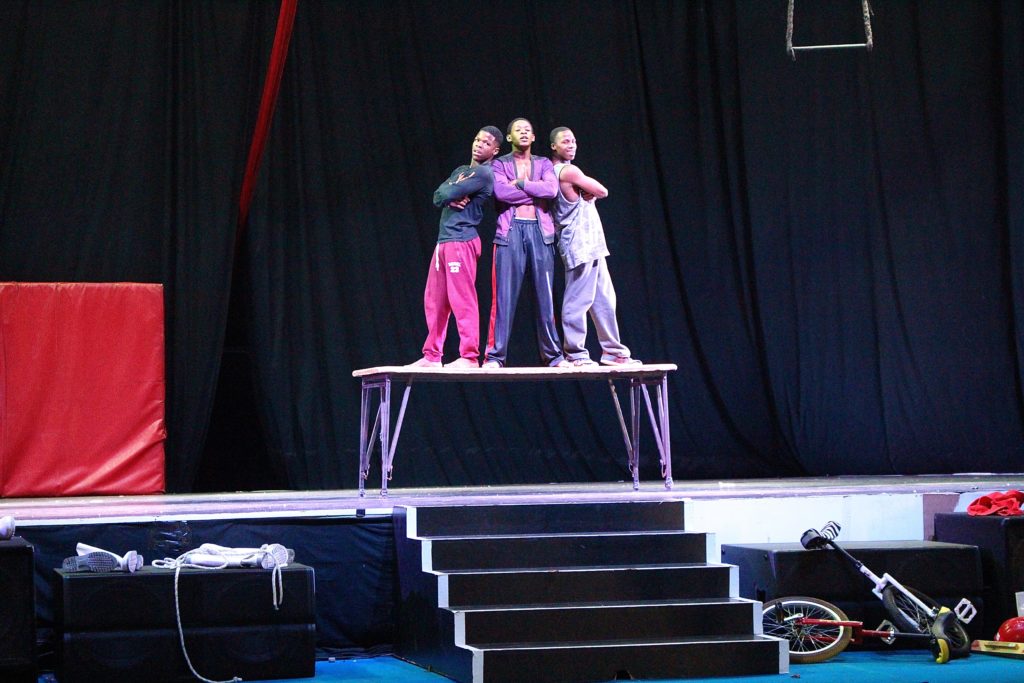
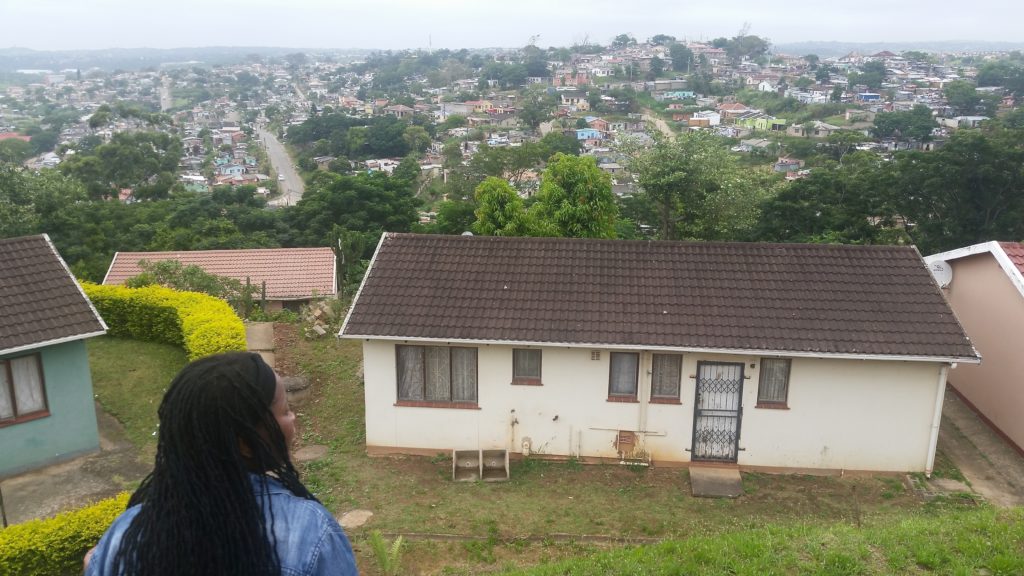
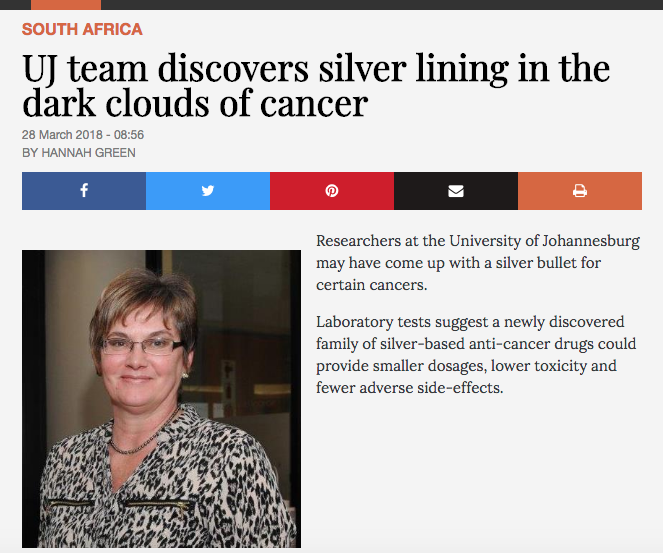
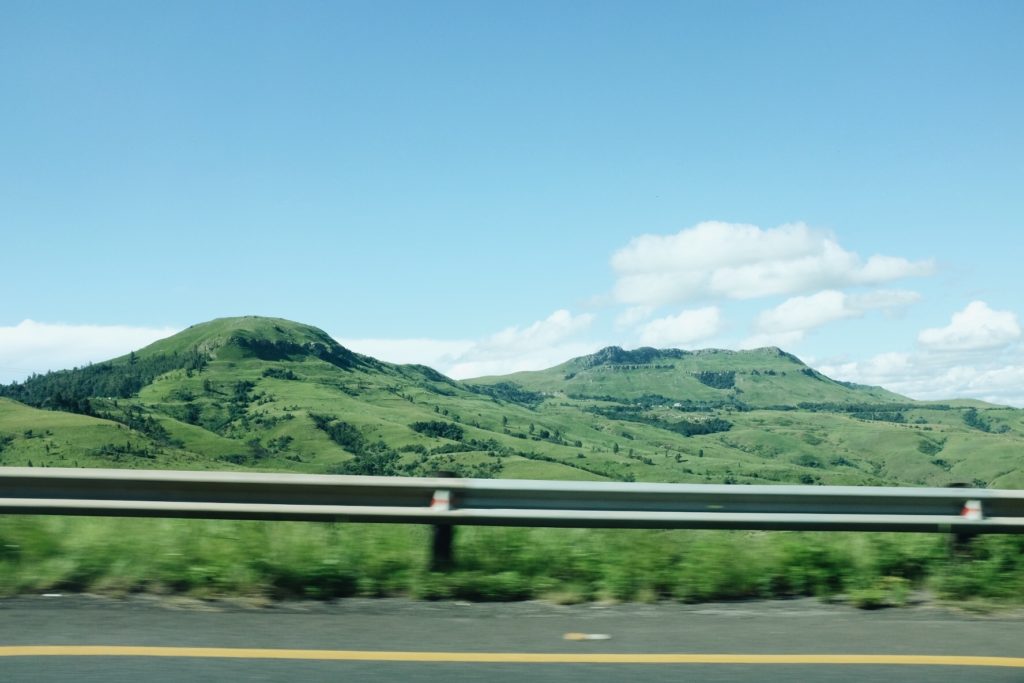
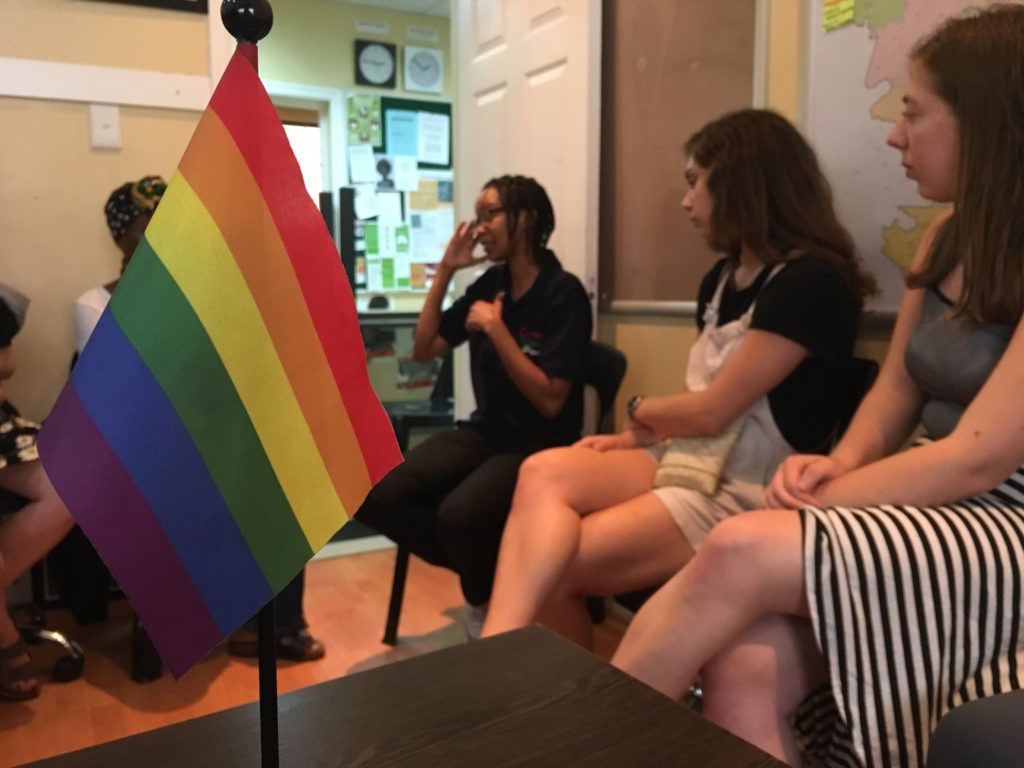
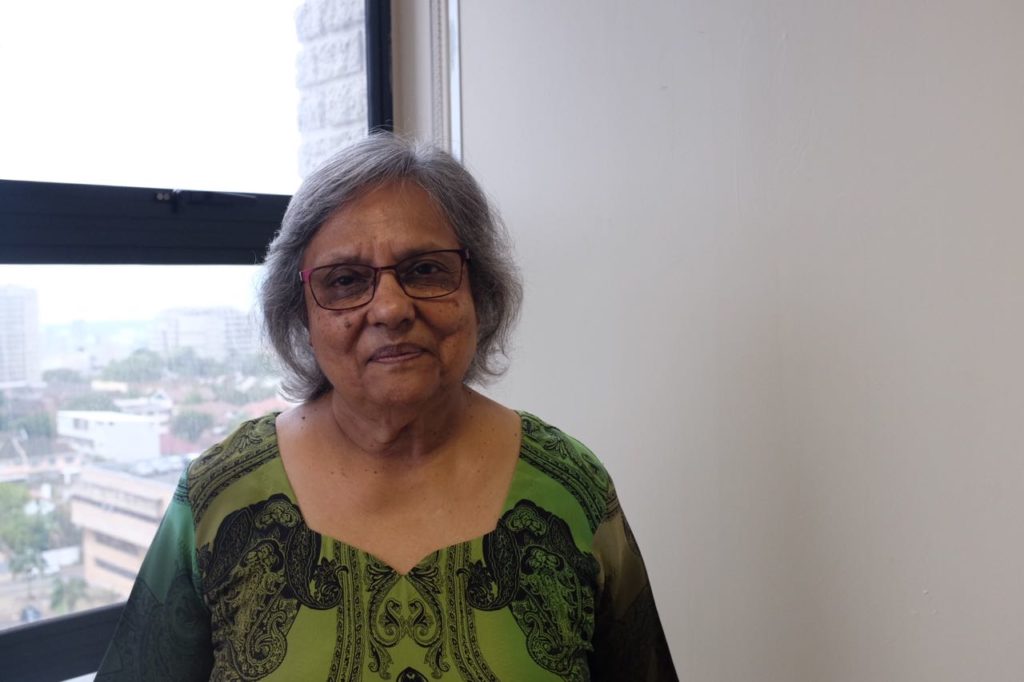
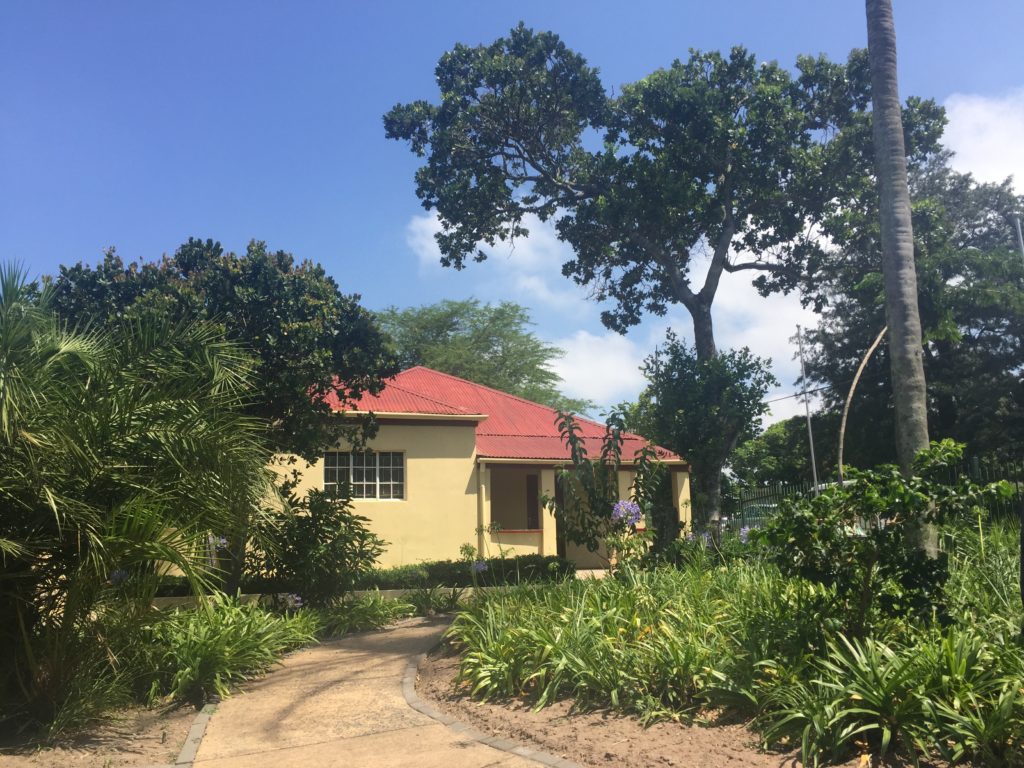
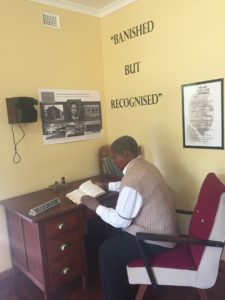 the legacy of its ninth president, Chief Albert John Mvumbi Luthuli. Chief Luthuli served as the ANC President from 1952-1967 and is celebrated for his commitment to opposing white minority rule in South Africa through peaceful means and organised resistance.
the legacy of its ninth president, Chief Albert John Mvumbi Luthuli. Chief Luthuli served as the ANC President from 1952-1967 and is celebrated for his commitment to opposing white minority rule in South Africa through peaceful means and organised resistance.